Family businesses are often thought of as small enterprises passed down from generation to generation. But some of the world’s most iconic and influential companies are still owned, controlled, or guided by the same families that founded them—often with astonishing success. These companies have not only weathered generations of market upheavals but have also defined industries and created immense global impact.
Here’s a look at the 15 most successful family businesses of all time.
- Ferrero Group (Italy)
- BMW (Germany)
- Tata Group (India)
- Cargill (USA)
- Aldi (Germany)
- IKEA (Sweden)
- Reliance Industries (India)
- Ford Motor Company (USA)
- Samsung (South Korea)
- Walmart (USA)
- Mars Inc. (USA)
- SC Johnson (USA)
- Dell Technologies (USA)
- Estée Lauder Companies (USA)
- TVS Group (India)
1. Ferrero Group (Italy)
Founded: 1946 by Pietro Ferrero
Now Run By: Giovanni Ferrero (2nd generation)
Revenue: $17+ billion
Highlight: Makers of Nutella, Kinder, Ferrero Rocher
Status: 100% family-owned
The Ferrero Group is a sweet success story. What began as a small pastry shop in post-war Italy has grown into one of the most recognizable confectionery giants in the world. Despite its global reach, Ferrero remains tightly held by the founding family, with Giovanni Ferrero steering its strategic growth and acquisitions.

2. BMW (Germany)
Founded: 1916
Family Stake: Quandt family (47% voting power)
Revenue: $160+ billion
BMW’s transformation into a luxury automotive leader is thanks in part to the Quandt family. Herbert Quandt’s financial intervention in the 1950s saved the company from bankruptcy. His heirs, Susanne Klatten and Stefan Quandt, remain pivotal shareholders in this publicly traded titan.

3. Tata Group (India)
Founded: 1868 by Jamsetji Tata
Run By: Tata family via charitable trusts
Revenue: $150+ billion
Tata Group is India’s most respected industrial conglomerate, involved in everything from IT to steel, cars, and hotels. Though public, the group is largely governed by Tata Trusts, which are chaired by family members and maintain the company’s ethical vision and philanthropic mission.
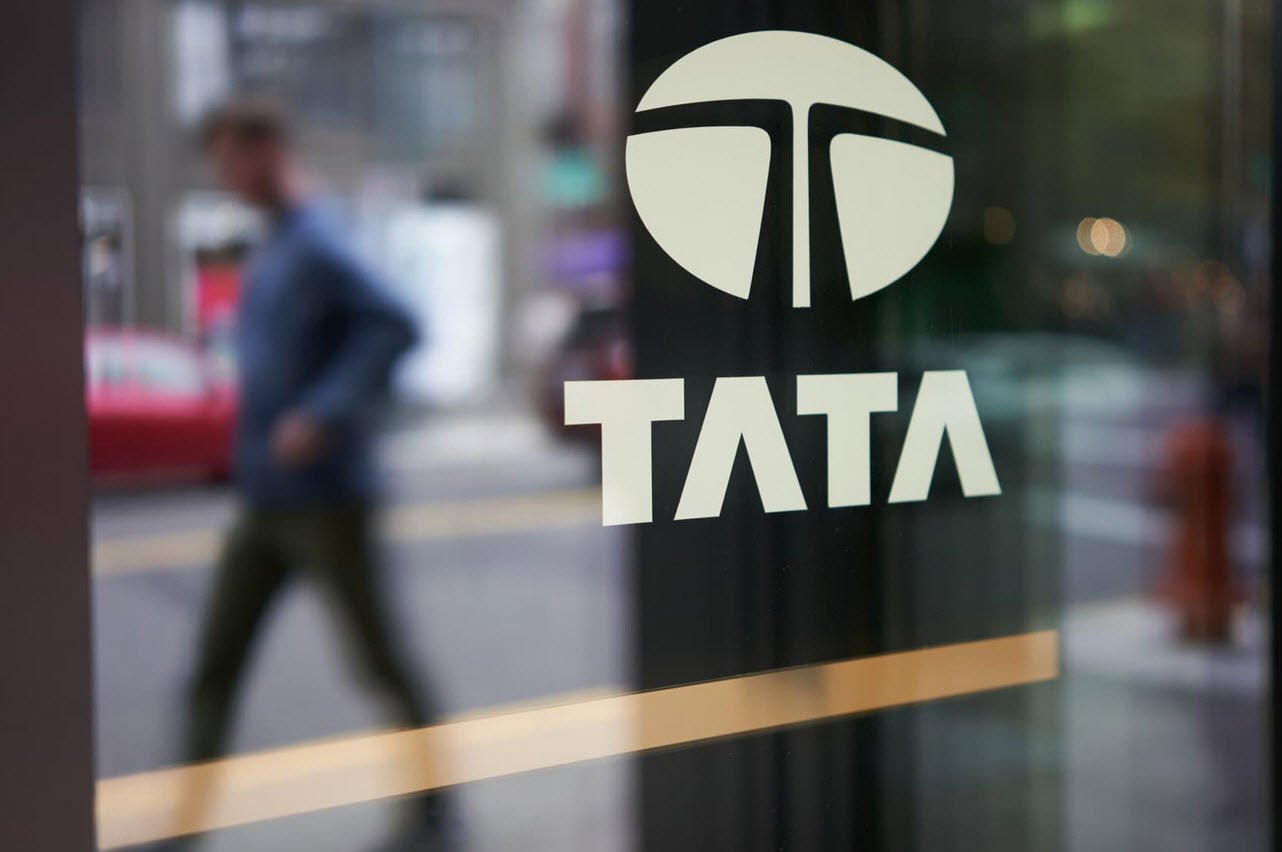
4. Cargill (USA)
Founded: 1865 by William Wallace Cargill
Run By: Cargill-MacMillan family
Revenue: ~$165 billion
Status: Privately owned
As one of the largest privately held companies in the U.S., Cargill dominates global agricultural commodities. Now in its sixth generation of family ownership, the company has maintained secrecy and control, making it a fascinating outlier in American capitalism.

5. Aldi (Germany)
Founded: 1946 by Karl and Theo Albrecht
Run By: Albrecht family
Revenue: $120+ billion (combined Aldi Nord and Süd)
Aldi revolutionized grocery retail with its low-price, high-efficiency model. Though split into two separate entities, the Albrecht family still maintains influence over the global operations that span 20+ countries and include Trader Joe’s in the U.S.

6. IKEA (Sweden)
Founded: 1943 by Ingvar Kamprad
Run By: Kamprad family via foundations
Revenue: ~$50 billion
Known for its DIY furniture and minimalist design, IKEA has maintained its founder’s frugal ethos. Control of the company lies within complex nonprofit structures, but the Kamprad family remains at the heart of its leadership and legacy.
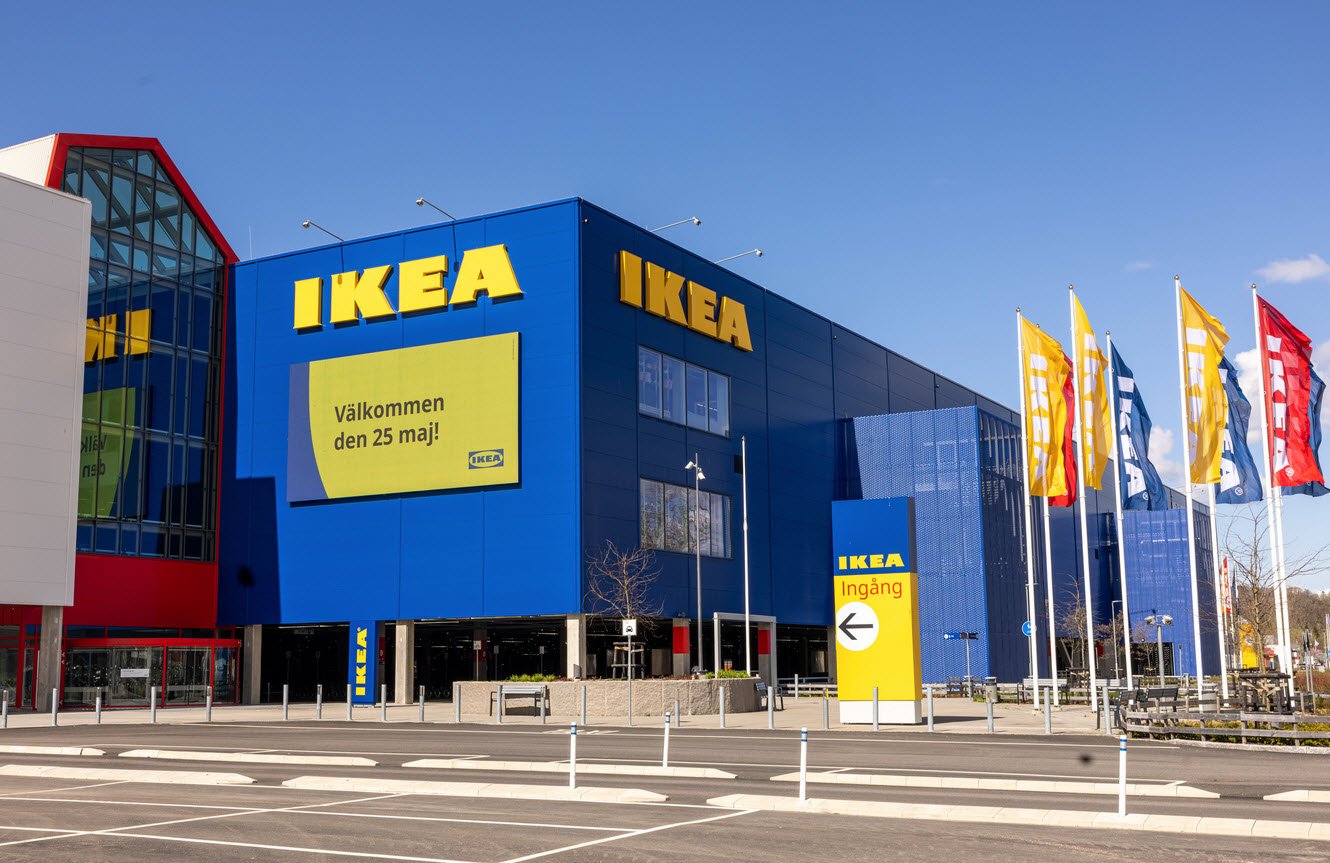
7. Reliance Industries (India)
Founded: 1966 by Dhirubhai Ambani
Run By: Mukesh Ambani and family
Revenue: $110+ billion
Reliance is a symbol of India’s industrial boom. Mukesh Ambani has grown the company into a tech, telecom, and retail juggernaut while keeping tight control through family holdings. The Ambanis are now among Asia’s wealthiest families.

8. Ford Motor Company (USA)
Founded: 1903 by Henry Ford
Run By: Ford family
Revenue: $160+ billion
As one of America’s most storied companies, Ford is still controlled by the family through special Class B shares, giving them outsized voting power despite public ownership. The Fords remain deeply involved in strategic decisions.
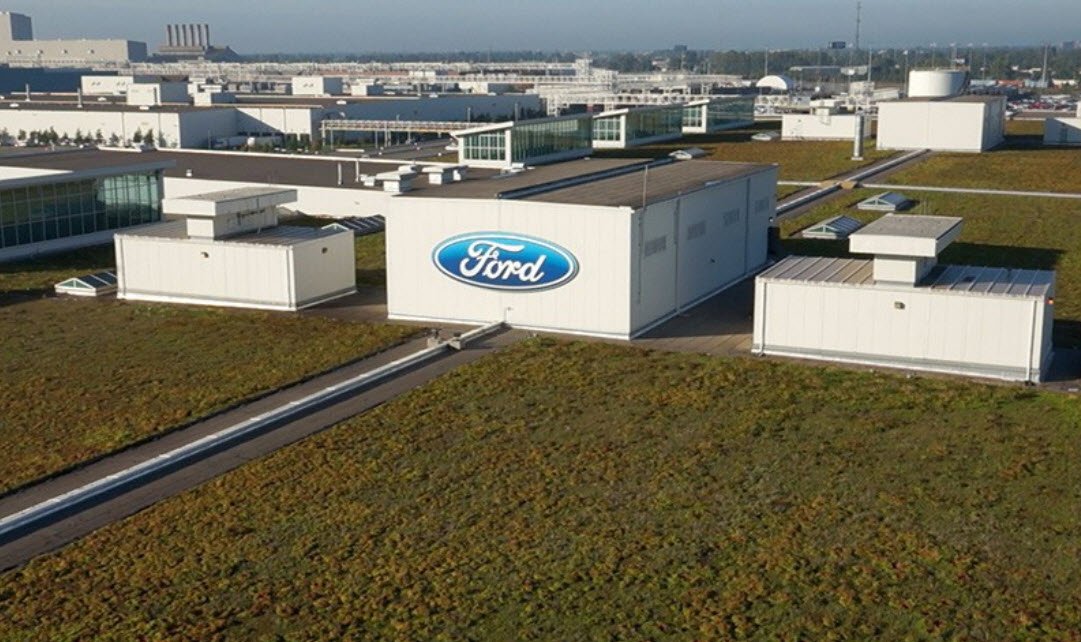
9. Samsung (South Korea)
Founded: 1938 by Lee Byung-chul
Run By: Lee family (Jay Y. Lee)
Revenue: ~$250 billion
Samsung is a sprawling tech empire at the heart of South Korea’s economy. Despite legal controversies and public ownership, the Lee family retains control through intricate cross-holdings and ownership of key affiliates.

10. Walmart (USA)
Founded: 1962 by Sam Walton
Run By: Walton family
Revenue: $600+ billion
Walmart is the world’s largest retailer, with operations across the globe. The Walton family, via Walton Enterprises, retains roughly 50% of the company’s shares, making them some of the wealthiest individuals on Earth.
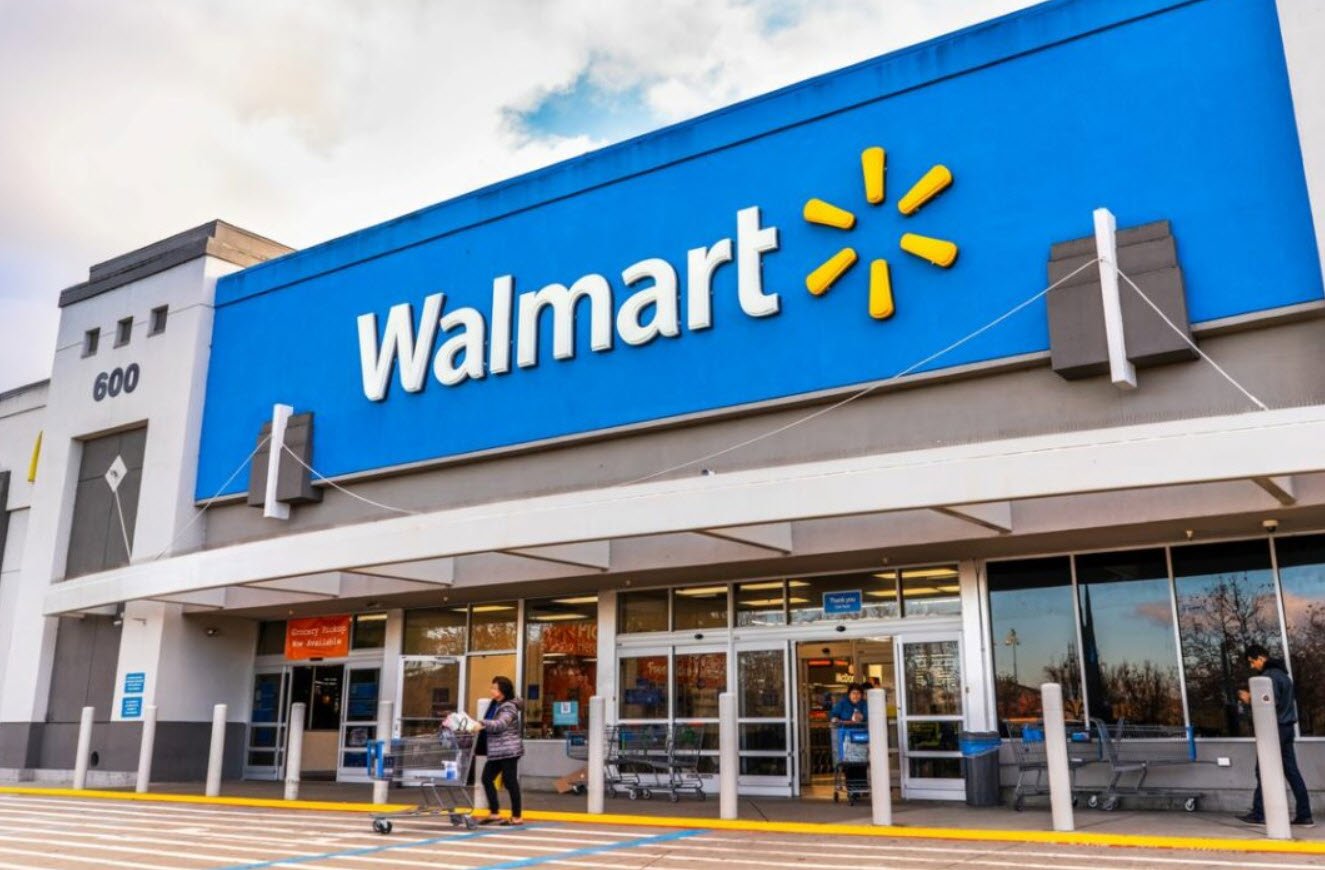
11. Mars Inc. (USA)
Founded: 1911 by Frank C. Mars
Run By: Mars family
Revenue: $47+ billion
Famous for M&Ms, Snickers, and pet food brands like Pedigree, Mars is a privately held powerhouse. The Mars family has kept operations under the radar, quietly building a global empire with strong internal culture and governance.
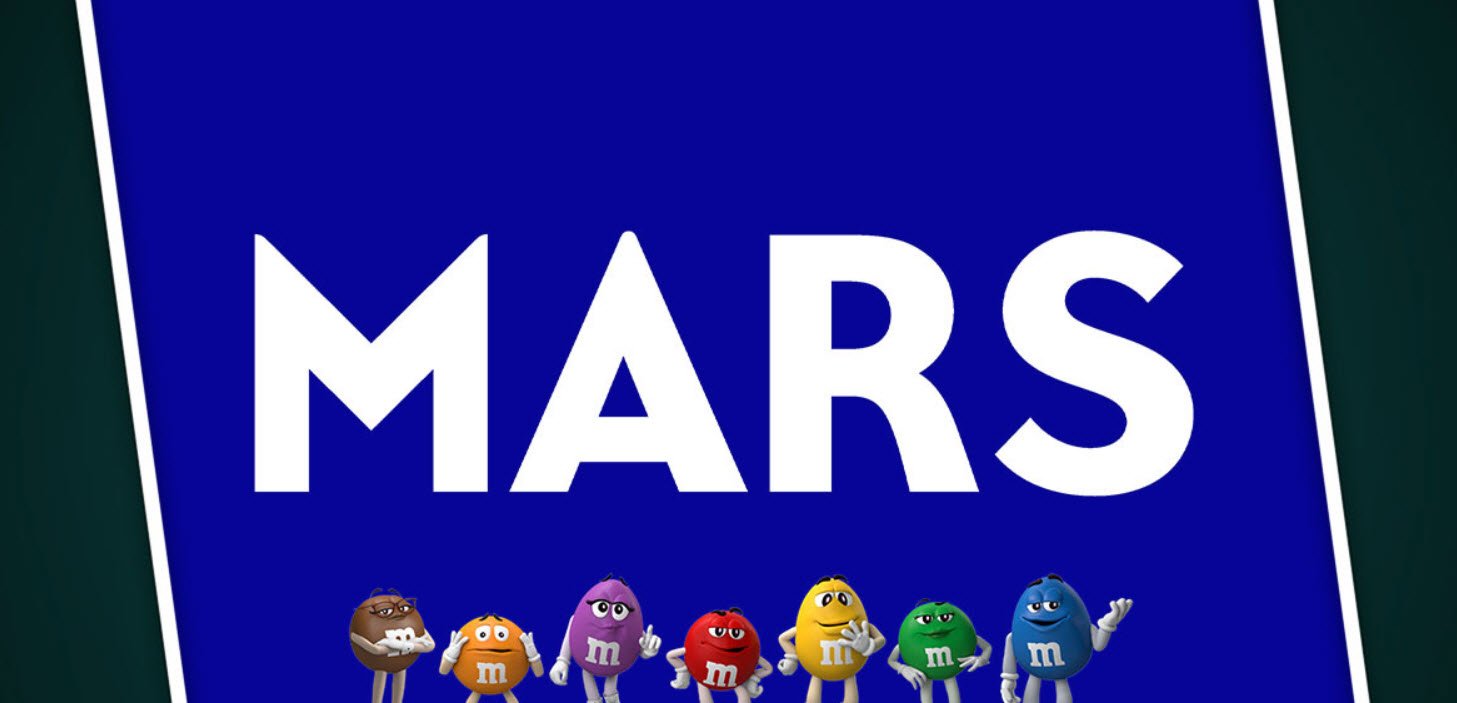
12. SC Johnson (USA)
Founded: 1886 by Samuel Curtis Johnson
Run By: Johnson family (5th generation)
Revenue: ~$11 billion
This family-owned company is a market leader in household products like Windex and Glade. It stands out not just for its longevity but for its environmental initiatives and commitment to keeping ownership within the family.

13. Dell Technologies (USA)
Founded: 1984 by Michael Dell
Run By: Michael Dell
Revenue: ~$90 billion
Dell revolutionized personal computing and continues to lead in IT and cloud infrastructure. Michael Dell took the company private, then public again, and retains majority control through his investment vehicle, MSD Partners.

14. Estée Lauder Companies (USA)
Founded: 1946 by Estée & Joseph Lauder
Run By: Lauder family (William P. Lauder)
Revenue: ~$17 billion
From humble beginnings selling skincare from a kitchen, Estée Lauder grew into a global beauty empire. The Lauder family holds a significant share and remains active in steering its luxury and innovation-driven portfolio.

15. TVS Group (India)
Founded: 1911 by T. V. Sundaram Iyengar
Run By: 4th-generation TVS family members
Revenue: ~$12 billion
TVS Group has played a foundational role in India’s automotive and industrial sectors. Its family-managed companies uphold a legacy of reliability and innovation across sectors ranging from motorcycles to auto components.

Final Thoughts
What ties these businesses together isn’t just financial success—it’s resilience, long-term vision, and values often rooted in their founding families. Whether privately owned or publicly traded, these family businesses have set benchmarks across industries, balancing tradition with transformation.
As they pass from one generation to the next, they continue to shape the global economy and inspire future entrepreneurs.




Pingback: How Howard Schultz Transformed Starbucks from the Brink of Disaster to a $127 Billion Empire - Online Hyme